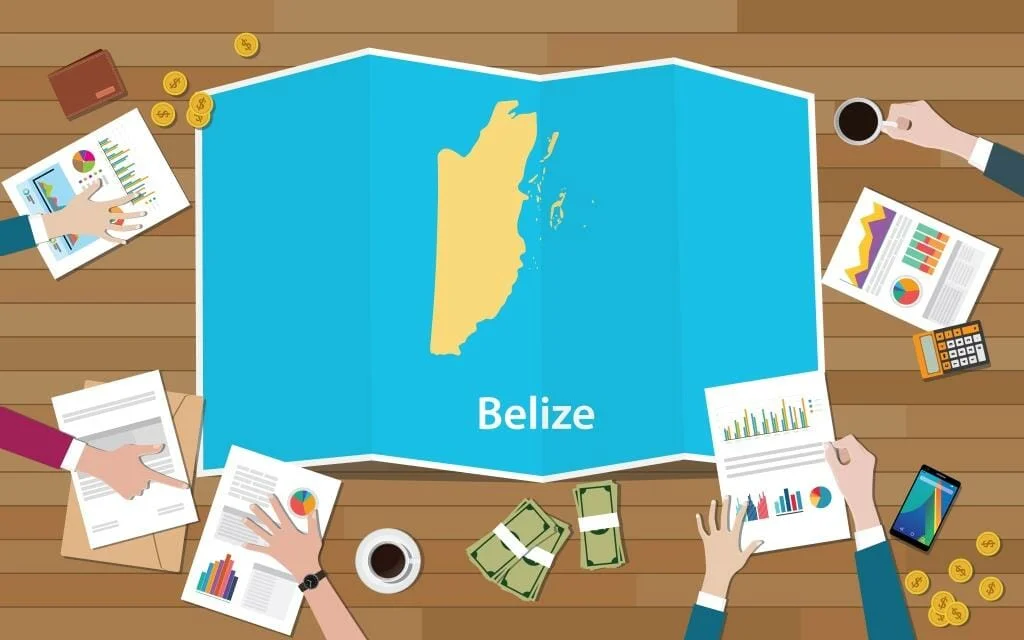Offshore Company Formation That Delivers a Strategic Advantage for Your Business.
Offshore Company Formation That Delivers a Strategic Advantage for Your Business.
Blog Article
Step-by-Step Overview to Effective Offshore Firm Development
The development of an offshore business is a nuanced procedure that needs mindful consideration of various aspects to ensure success. Understanding the benefits of offshore registration, choosing an appropriate territory, and diligently preparing the required paperwork are crucial steps in this trip.
Understand Offshore Company Advantages
Understanding the advantages of overseas company development is important for entrepreneurs seeking to maximize their business operations. Offshore entities can guard individual and company possessions from prospective legal cases, financial institutions, and political instability in the business owner's home country.
Additionally, offshore business commonly take pleasure in favorable tax regimens. Numerous territories provide low or zero business tax obligation rates, which can significantly enhance revenue margins and reinvestment capabilities. By purposefully managing tax obligation responsibilities, entrepreneur can funnel sources into development and expansion.

One more advantage is raised personal privacy and confidentiality. Offshore jurisdictions generally have strict privacy legislations, which can protect sensitive service information and personal information from public examination. This element is especially appealing for entrepreneurs that value discernment in their economic events.
Furthermore, overseas business formation can facilitate international business operations. It permits easier accessibility to global markets and enhances integrity with international partners. By leveraging these advantages, entrepreneurs can tactically place their organizations for lasting success and competitive benefit in the global market.
Choose the Right Territory
When picking the proper territory for overseas firm formation, a number of vital variables have to be taken into consideration to guarantee placement with your business purposes. The initial facet to review is the regulative environment; jurisdictions with well-established legal frameworks supply greater security and predictability for your company operations.
Various territories provide varying tax benefits, including reduced or absolutely no tax obligation rates for overseas business, which can substantially improve earnings. In addition, consider the political security and financial problems of the jurisdiction.
Another critical element is the ease of doing service, that includes the efficiency of the enrollment process, continuous compliance requirements, and the availability of expert solutions such as lawful and accounting support. Analyze the online reputation of the jurisdiction, as some may be viewed extra positively than others, affecting your business's trustworthiness with capitalists and clients.
Finally, take into consideration the particular sector policies that might influence your organization. By thoroughly reviewing these factors, you can make an educated choice on the very best jurisdiction for your offshore firm development.
Prepare Required Paperwork
Preparing the called for documentation is an important action in the overseas firm development procedure. This stage entails gathering and arranging different legal documents that will certainly sustain the facility of your overseas entity. The specific requirements can vary based upon the selected territory, however there prevail files usually needed throughout most locations.
Firstly, you will need to supply proof of identification, such as valid passports or government-issued identification for all directors and shareholders. Furthermore, you might be called for to submit evidence of address, such as energy expenses or financial institution statements, which need to not be older than 3 months.
Furthermore, an in-depth service plan describing the purposes, functional framework, and desired activities of the overseas firm may be required to show authenticity and purpose. Depending on the territory, you might also require to prepare a memorandum and write-ups of organization, which serve as the foundational papers of the business.
Involving a certified overseas provider can considerably simplify this process by making certain that all paperwork is complete and compliant with local regulations, reducing prospective delays in your firm development.
Total the Registration Refine
To complete the enrollment process for your overseas company, it is necessary to submit the ready documentation to the proper regulative authority in your selected jurisdiction. This step marks a crucial phase in establishing your business and needs precise attention to detail.
Begin by assembling all required forms, including the application for incorporation, memorandum and articles of organization, and any identification files for the supervisors and investors - offshore company formation. Guarantee that all papers abide by regional regulations and are properly submitted to avoid hold-ups
As soon as your paperwork is assembled, submit it along with the required costs, which can vary by jurisdiction. Some authorities may enable on-line submissions, while others need physical distribution. Bear in mind any type of original site added demands, such as notarization or legalisation of files, which might be essential depending on local regulations.
Upon submission, the regulative authority will certainly assess your application. This procedure might take several days to weeks, depending on the territory and the complexity of your application. When authorized, you will get a certificate of unification, formally establishing your overseas business and permitting you to continue with essential operational steps.
Manage Compliance and Coverage
Browsing the complexities of conformity and reporting is important for the durability and success of your overseas business. Compliance entails sticking to the lawful needs of the jurisdiction in which navigate to this website your overseas entity is signed up, while reporting refer to the prompt entry of needed documentation to regulative authorities.

In addition, preserving clear documents is crucial. This consists of monetary declarations, minutes of conferences, and documentation of substantial business activities. Routine audits can also be useful in recognizing possible compliance issues early.
In addition, staying educated concerning modifications in regulation or governing practices is necessary. Territories frequently upgrade their conformity frameworks, and prompt adjustment is key to avoiding penalties or lawful complications.
Conclusion

Report this page